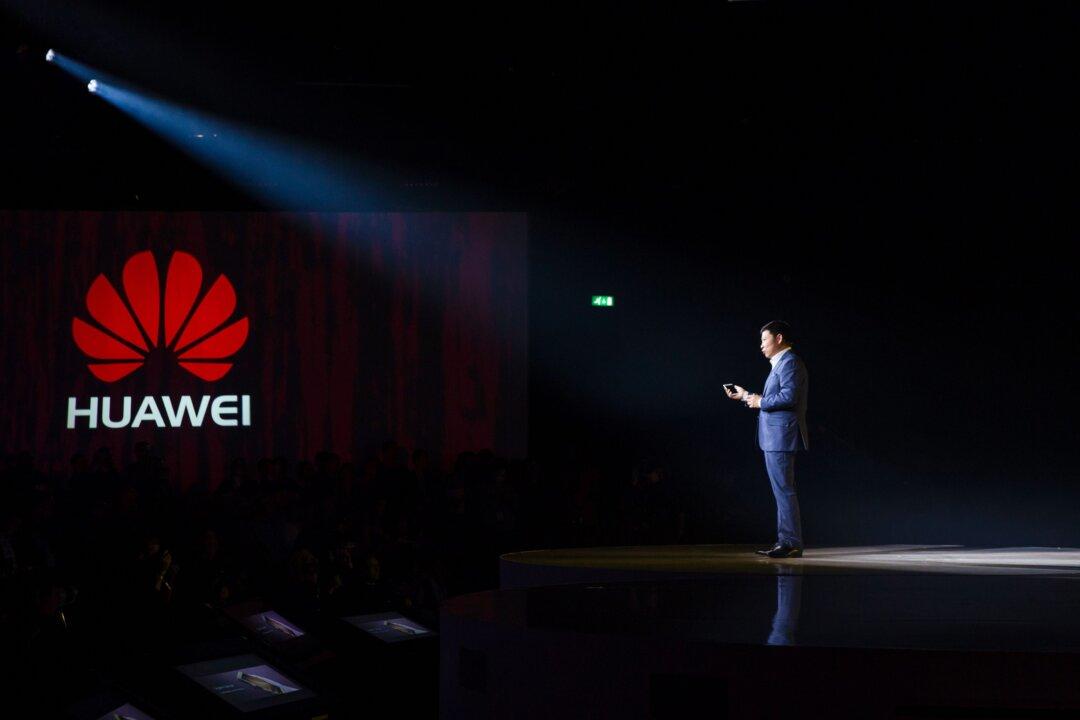LONDON—China’s Huawei poses such a grave security risk to the United Kingdom that the government must not allow it to have even a limited role in building 5G networks, a former head of Britain’s foreign spy service said on May 16.
The Trump administration, which hit Huawei with sanctions on Wednesday, has told allies not to use its technology because of fears it could be a vehicle for Chinese spying.





